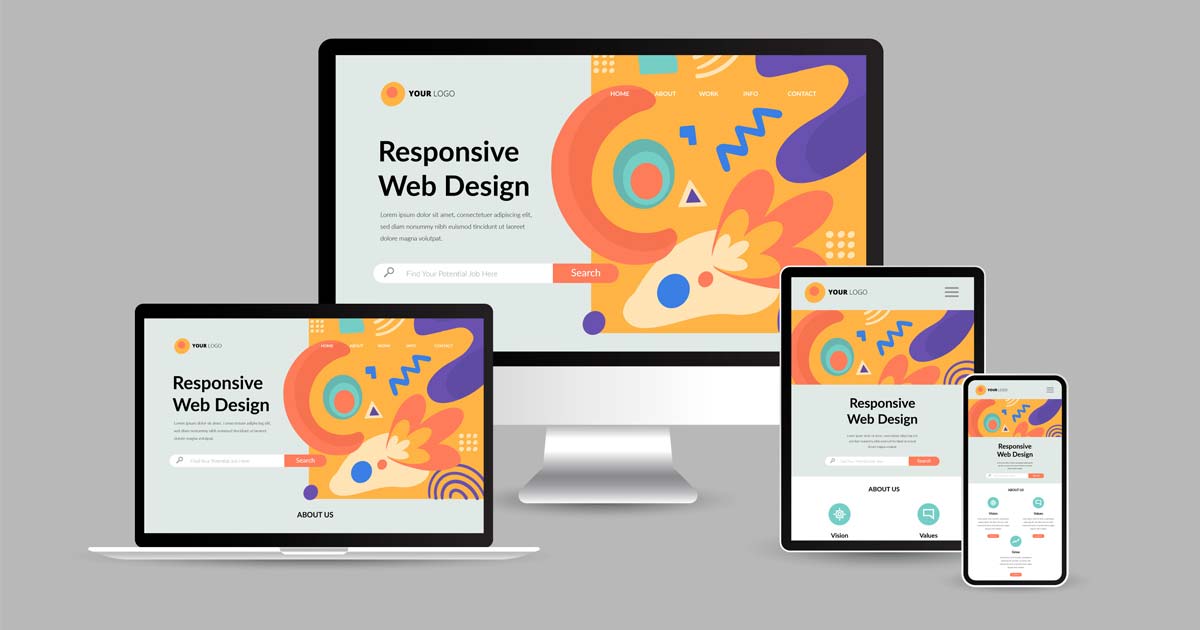VITSOLS
2025-09-22
🌟 Key Benefits of a Responsive Website
Improved User Experience
A consistent layout across devices reduces zooming or side scrolling, making navigation effortless.-
Better SEO Performance
Google prioritizes mobile-friendly sites, helping you rank higher in search results. -
Cost & Time Efficiency
One adaptive design means no separate mobile site—lower development and maintenance costs. -
Faster Loading Speeds
Responsive images and flexible grids enhance performance, decreasing bounce rates. -
Future-Proof Flexibility
Responsive design adapts to new devices and screen sizes without major redesigns.
📐 Essential Web Standards to Follow
- HTML5 & CSS3 for clean, semantic markup and flexible layouts..
- Mobile-First CSS using relative units (%, em, rem) and CSS Grid/Flexbox..
- WCAG 2.2 Accessibility Guidelines to ensure content is usable by everyone, including people using assistive technologies..
-
Meta Viewport Tag (
<meta name="viewport" content="width=device-width, initial-scale=1.0">) for proper scaling on mobile devices.. - Performance Optimization such as image compression and lazy loading.
🤖 Free AI Tools to Generate Responsive Designs
- Figma AI Plugins – Instantly generate adaptive layouts and smart components.
- Uizard – Create responsive prototypes from text prompts.
- TeleportHQ – AI-powered responsive UI code generator.
- Framer AI – Generates ready-to-publish responsive pages with minimal effort.
- Responsively App (Free) – Test your site on multiple screen sizes in real time.
🧭 SEO & Accessibility Best Practices
- Use descriptive alt text for images and ARIA roles for interactive elements.
- Maintain logical heading hierarchy (H1 → H2 → H3).
- Ensure sufficient color contrast (check with free tools like a11y Color Contrast).
- Minify CSS/JS and implement caching for better Core Web Vitals.
✅ Conclusion
A responsive website is no longer optional—it’s the foundation of a successful digital presence. By following web standards, prioritizing accessibility, and leveraging free AI tools, businesses can deliver seamless user experiences and achieve higher search visibility.
Whether you’re a startup or an established brand, building a responsive website today ensures your business remains competitive tomorrow.
